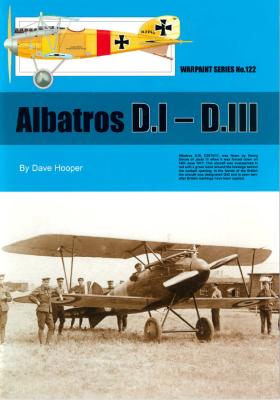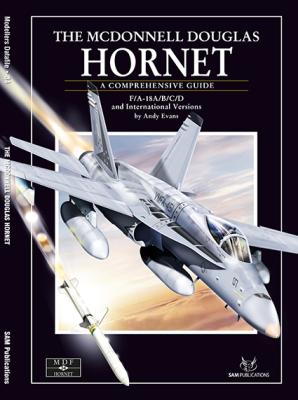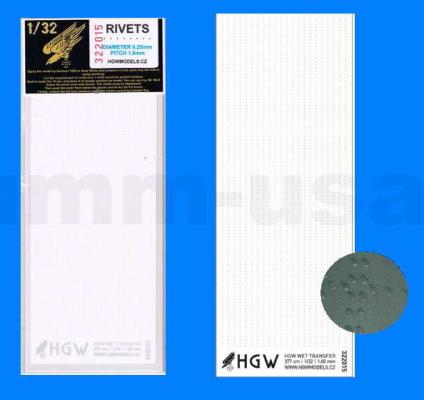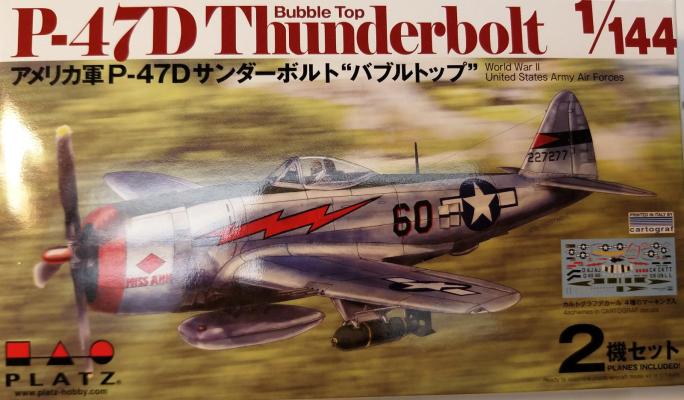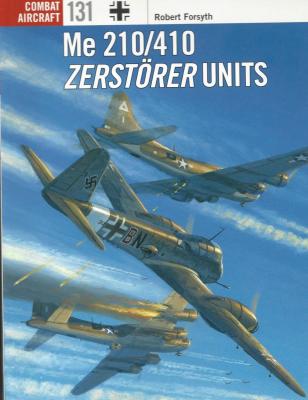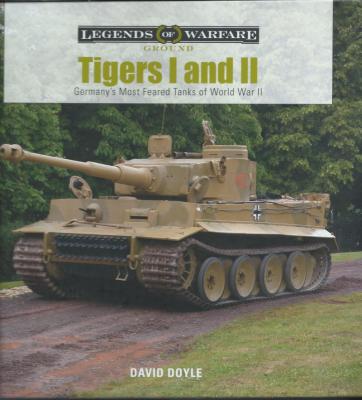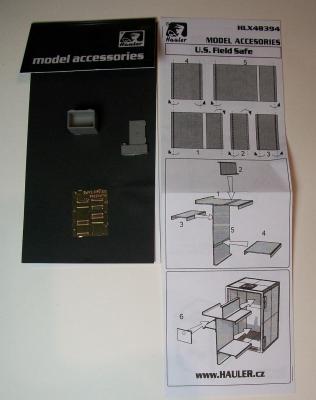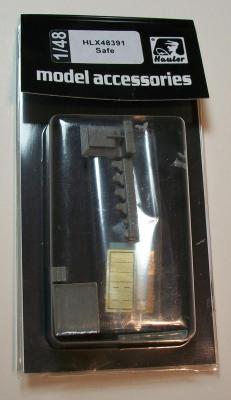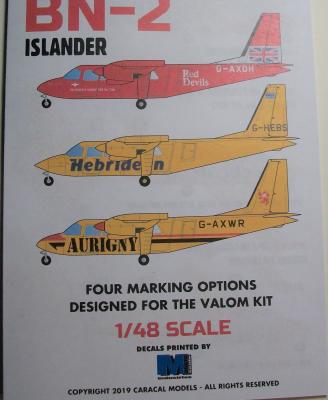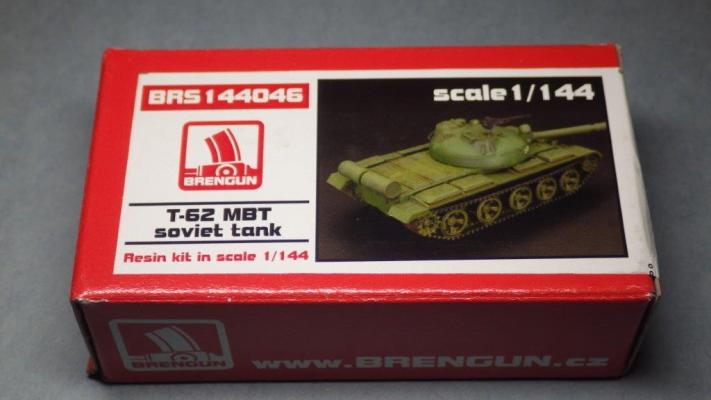Author Dave Hooper is the founder of the IPMS Great War Special Interest Group and a long-standing contributor to aviation modelling journals. His comprehensive knowledge and attention to detail is well known.
What's New
Right off the bat, let me tell you that I am a fan of this SAM series of books. They provide everything a modeler needs for a knowledge of the plane covered and in tis case, it is the F/A-18 A/B/C/D Hornet. The books is 192 pages of soft back goodness with excellent pictures and illustrations.
The table of contents has the following:
Rivets on models have been limited to just two choices, “positive” (raised) and “negative” (embossed) styles, that is if they are represented at all. They both have their advantages and disadvantages but nearly all builds you will need to add rivet detail. In nearly all cases, the method to add rivet detail is to emboss or dimple the surface which is complete opposite of what the rivet looks like in real life. If your approach is to represent a raised rivet, adding raised features can be a challenge. HGW Models now offers an ingenious method to add reality to rivets but note that is will take a little practice to get the right effect.
Platz has been a consistent supplier of new review kits to us, and I’m pleased to be able to review this recent release. Newly tooled and boxed, this kit is a joy to build with 4 great marking schemes available to share between the two complete models. Let’s dive in.
This is another great book in the Osprey Combat Aircraft Series. It covers the development of the 210 and the later 410 aircraft. These were designed to replace the classic Me 110 aircraft.
It was in 1937 that the idea and development started on a replacement for the Me 110 Zerstorer (Destroyer) which itself was just entering service. The new design would have to full fill the role of Destroyer and dive bomber.
The development stages and aircraft variations are very well done including all issues with the Me 210 which was not the success Messerschmitt was hoping for. This was due to a lack of sufficient flight-testing, the Me 210 suffered from bad reputation in respect to its flight characteristics and weak undercarriage. Every detail and stages are covered in great depth. What I found very interesting is the amount of information from the different issues and production locations etc.
Whether I am reviewing his armor books as now, or his aircraft books, like my previous review on the SBD, I am always finding David Doyle’s books to be tremendous additions to the reference bookshelf. I find myself referring to them numerous times, whether for my own projects or to check on something for friends asking advice. The best advice, of course, is to buy themselves their own copy of the book…and this Legends of Warfare volume on the Tigers is no exception.
The book is not the end all or be all purchase that you’ll never need anything else to buy for the library. It is, however, a good place to start for someone transitioning to armor modeling for the first time, or just looking to build one of the various offerings of Tiger kits available. WWII buffs in general will thoroughly enjoy looking through the texts and various photos. Enough babbling…what’s inside Mike?
Hauler has provided another addition to the great diorama releases. This is a 1/48 scale U.S. Army field safe from WWII.
Included is:
- three resin parts
- photoetch sheet
- instruction sheet
The detail quality is great; The parts are very delicate parts that need careful removal from the resign bases.
The assembly is quick and easy. Please be careful with the photoetch interior parts as they need to be assembled as tightly as possible to slide into the safe opening.
The final part is painting.
Thanks go to Hualer for providing this kit to review and IPMS USA for allowing me to review it for them
Hauler has provided another addition to the great Diorama releases. This is a 1/48 Scale U.S. Safe from Pre - WWII period.
Included is:
- 13 resin parts
- photoetch sheet
- small decal sheet
- instruction sheet
The detail quality is great; The parts are very delicate parts that need careful removal from the resign bases. I did manage to lose the small resin safe handle. So I had to make one myself
The Assembly is quick and easy.
Please be careful with the Photo etch interior parts as they need to be assembled as tightly as possible to slide into the safe opening.
Next is the painting then adding the decals. The Decals did tend to roll up and were hard to place due to this. The addition of the gold bars were a nice touch.
Thanks go to Hauler for providing this kit to review and IPMS USA for allowing me to review it for them
Caracal Models provided these great decals for the Valom 1/48 Kit release of the Britten-Norman BN-2 Islander aircraft.
Included is
- One sheet of decals
- One Instruction sheet
The decals are of the best quality and printed by Microscale for Caracal Models.
The decal sheet provide decals for four different Markings options.
- The British Parachute Regiments Freefall team Red Devils aircraft
- The Heridean Air services aircraft
- Aurigny Air Services aircraft
- Armed Forces of Malta Aircraft
The instruction sheet is well detailed and includes color details.
The decals are awesome and will add a lot to the Valom Kit which I have now ordered to allow me to use these in the future. I will do the Red Devils aircraft as I have seen this one in action a few times in the past.
Brengun, based in the Czech Republic, is known for producing a range of photo-etched and resin accessories for airplane models. They also produce a small number of 1/72nd and 1/144th model sets in both plastic and resin. One of their resin kits is the T-62 Main Battle Tank in 1/144 scale.
The T-62 entered service with Soviet Union in 1961, and remained in service with the former Soviet Union until the early 2000s. Originally, designed as an upgrade to the T-55 series of tanks, the T-62 was the first tank armed with a smoothbore gun and replaced the T-55 as the standard tank of the Soviet army. While the T-62 is no longer in service with the Russian army, it is still commonly seen on today’s modern battlefields in Syria and Yemen.

